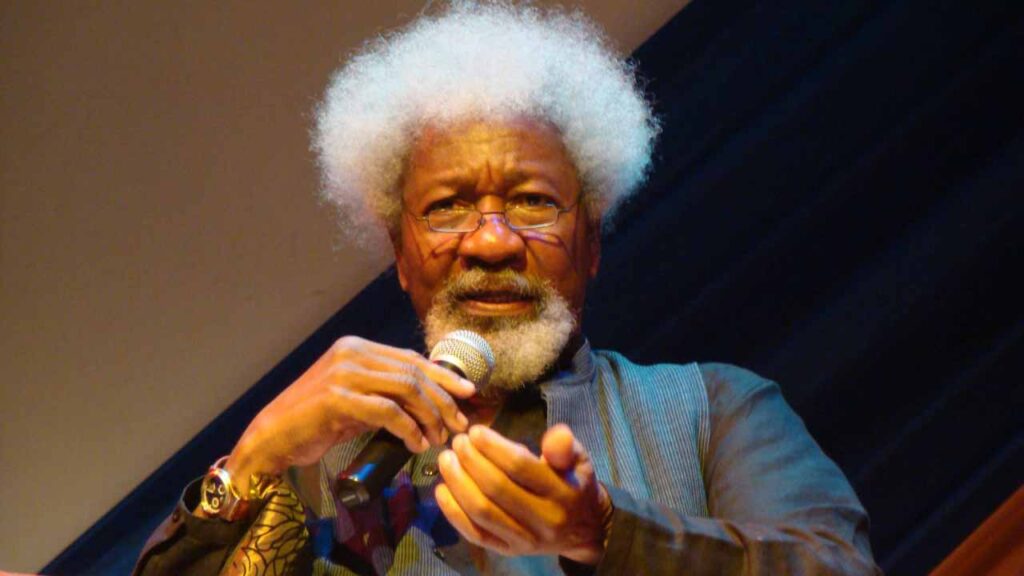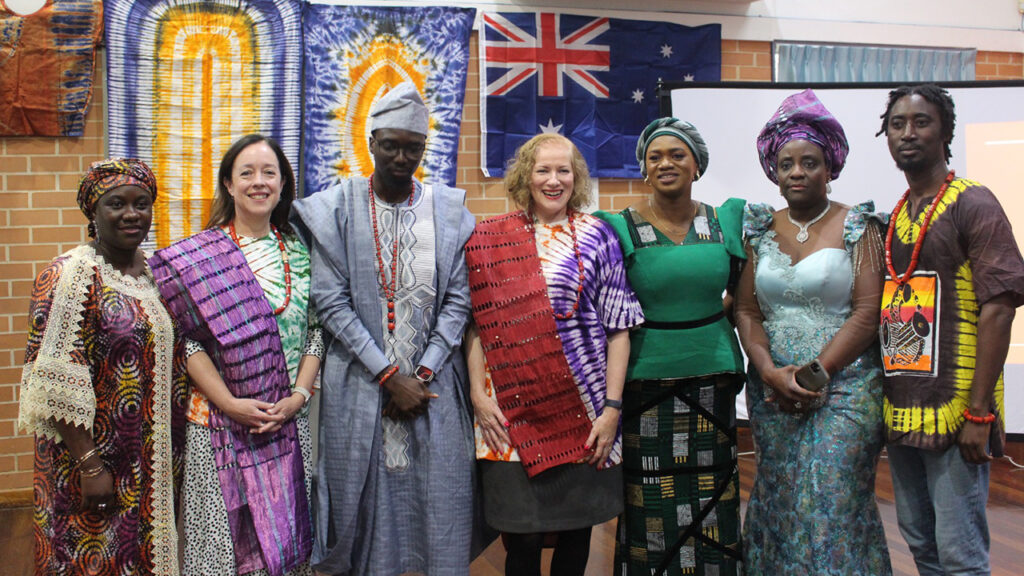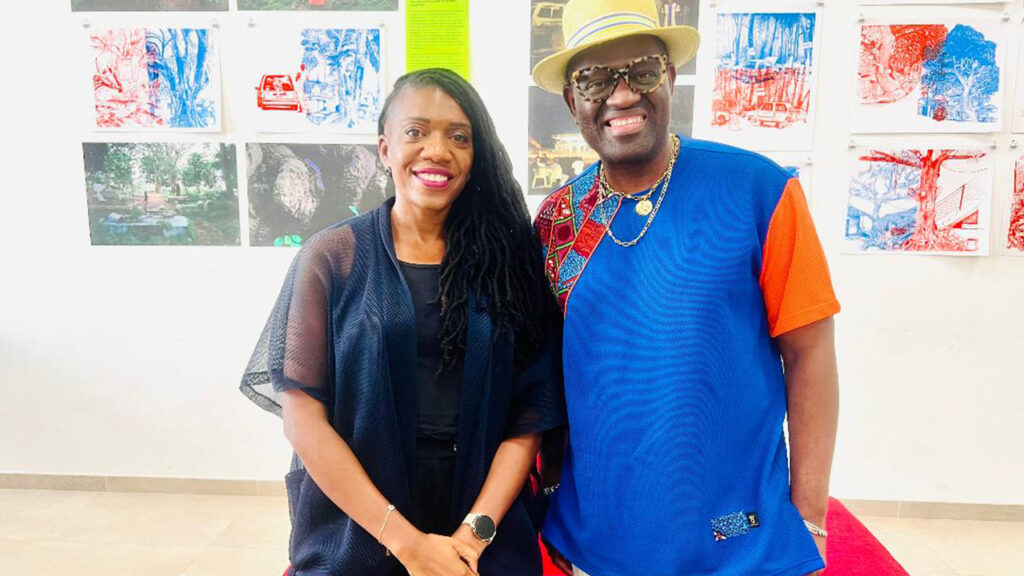
NAPOLÉON Bonaparte, the French statesman, having lost hope in religion, said: “If I had to choose a religion, the sun as the universal giver of life would be my god.”
Many like Bonaparte are also disenchanted, but dare not voice it out for fear of being humiliated. While some take anything that comes from the clergy hook, line and sinker, some bold writers have gone ahead to put some of the flaws of religion into drama to spur discussions and look for ways to correct the ills in the sector.
Like the French revolutionist, the Nigerian playwright and Noble laureate, Prof. Wole Soyinka, saw so many things wrong with the way Nigerians practise the Christian religion. In fact, he described it as a trade, which made him come up with, Jero’s Plays: two different plays, which a charlatan, Jeroboam, as the link between the two plays that satirise religion, expose the behaviours of church leaders and the blind loyalty of their members.
Presented last Sunday by Greenhouse Theatre Group, Badagry, Lagos, the play, which is set at the Bar Beach of old that has now turned to millionaires playground, with the emergence of Eko Atlantic city, shows how church leaders use public spaces like the beach of old, meant for public relaxation, for their services and excesses.
Brother Jero happens to be one of the many prophets, whose church uses the beach, as a place of worship. Opening with Brother Jero (Alfa Oladeji) instructing his secretary, Sister Rebecca (Ifeoma Chukwu), to write invitation letters to other prophets, also operating on the beach for a meeting.
Jero is in possession of a confidential document that reveals government’s plans to transform the beach into a public prosecution ground and tourists’ centre and wants to discuss this with his co-users of the beach.
The shrewd Jero plans to use the file and its contents to unite all the church leaders operating at the beach and also to make them form one church with him as leader.
On the meeting day, the prophet comes late. He had instructed his secretary to give the prophets lots of alcoholic drink before his arrival. His late appearance is to get the other prophets drunk so that he could easily have his way.
By the time he arrives, most of the leaders are woozy and cannot make any meaningful decisions. The meeting, however, goes on, but not as expected, as some of them discuss off points.
The church heads agree to form a unified church as a way of protecting their interests and also to be relevant in the government’s new plans. The leaders decide to vote for who to head the church. Influenced by alcohol, they cast their votes in favour of Brother Jero, over Pastor Shadrack (Adewale Olatunji) his rival.
Pastor Shadrack is a dedicated, true man of God, the opposite of his colleagues, but his fellow leaders connive and throw him out of their circle. Though, he threatens them with a lawsuit, he never acted on it.
Having metamorphosed into one church with Jero as head, the leaders buy the idea of changing their religious titles of Bishop, Pastor and Prophet to military titles such as General, Colonel, Sergeant and others.
Satirising Christian religious hypocrisy, particularly, the unquestioning devotion that many believers display towards their spiritual leaders, which usually expose them to manipulation, the play depicts church leaders as fraudulent and deceptive. It showcases religious leaders’ lust for political power and how they have abandoned the flock they are called to care for, in pursuit of commerce and other mundane things. A good example of this is the recent event in the country, where some clerics queue behind politicians or predicted election results in favour of their candidates.
Produced by Amos Fabiyi and directed by Luke Obafemi, the themes cut across leadership struggle, deception, lies, stealing, drunkenness, false lifestyle among other ills in the society. The play shows how religious leaders easily hoodwinked those in power to do their bidding.
Although written in the 1960s, the timeliness of Jero’s Metamorphosis in its portrayal of Christianity today is as apt as it was back then. Indeed, Soyinka’s message back then and now is the same: all religious organisations and heads, irrespective of their faith, should cleanse themselves of charlatanism.
Using the church as a type for Nigeria, the play depicts how the political gladiators beguile the people to fight themselves, while they stay at the corner to harvest from the fight.
While most of the cast, though new to the stage, tried to do their best, their naivety still showed in their body languages and speeches. In fact, most of them could not effectively interpret their roles; they merely recited the lines. But Brother Jero was up to the game, as he made up for the inept of other cast. His dances, body language and expression leave the audience with the belief that he must have been one of the prophets at the beach.
Also, the costume, especially the military uniform did not fully represent the Nigerian army uniform, using the Boys’ Brigade, Man-O-War and Boys’ Scout outfits to represent the military is an abrasion. It would have being better to make them wear the dummy of various ranks on green French suites or something similar to that.
Although, the producer was trying to promote our culture with the use of different ethnic groups’ religious songs, the use of Yoruba songs would have just been apt, especially as the play is based in Lagos.
Also, the use of a common entrance for entry and exist gives room for left to right movement difficult, especially as such outlet is on the right hand side.












